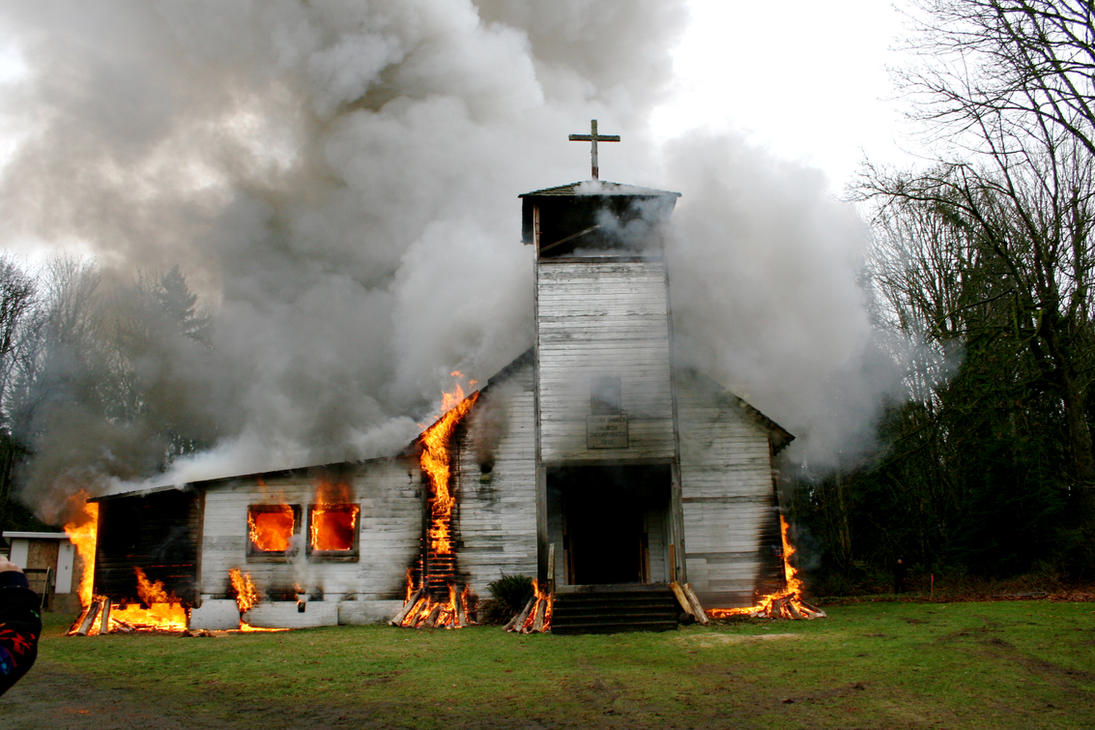In the sliver of shade afforded by the gas station's eastern wall, I observed my surroundings. They weren't exactly verdant.
Broken concrete and potholes abounded, wrappers and plastic debris scattered about, the endless flow of cars up the four lane of the Pike, all of it an anti-Walden of metal and rush and ambient polluting particulates. Above it all, a dirty blue sky and a fiercely pressing light. It's a harsh and ugly world we have made for ourselves, an alien incursion into the lushness of life.
Yet life adapts. In almost every crack in that hard harsh habitat, pressing through blacktop and concrete alike were stubborn grasses. Their roots set down in soil that was little more than crumbled rock, their shoots and growth defying and breaking apart our constructs.
Near my feet, there lay the remnants of an almost finished hotdog. Fragments of bun and a nubbin of sausage baked grey-black by the sun, it was hardly the most appetizing thing. But there came a fluttering of brown and tan wings, and the sparrows landed, first one and then another. They were dirty birds, ragamuffin birds, the sort of crass ubiquitous generalists that aren't worth a birder's notice.
They watched me warily, but still set quickly about the business of living from our waste. They aren't the only creatures that do so. There's a roaming murder of crows in the neighborhood that makes its way dumpster diving. There are countless rats that do the same, sharp-eyed rodents which hide away from our eyes, knowing we're eager to poison and kill them. When the neighborhoods around the strip malls were heavy with cicadas, the rats came pouring in to feast. There are tiny critters...roaches, ants, and flies...that are similarly flexible.
These are the sturdy creatures that seem well adapted to the current Anthropocene mass extinction event. Just as weeds and the small generalists endured asteroid impacts and planet-wide belches of volcanism, they'll do whatever they need to stay alive and reproducing while human hubris burns across our little world.
Observing the fiercely focused energies of these creatures, I recalled something spoken in an ancient sacred tale. Up on the mountaintop, the Lord spoke to Noah and his family, standing wobbly on their land-legs after their vomitous forty-day journey through the tumult. There, God unilaterally made two peculiar promises.
First, that flesh could now devour flesh. Unlike the mythic perfection of a peaceful Eden, suddenly we were in a covenant of meat. All creatures would fear us, because all of them were now ours to devour.
But that meant that we, too, would be devoured by the creatures that we consumed. Further, bloodshed was the now the fate of all who shed the blood of others. As divine blessings go, it's mixed, sharply double-edged, the sort of blessing one might receive when wished upon the withered paw of a monkey.
The Noahic Covenant, in Torah, is a peculiar one for another reason. Unlike other covenantal commitments in the Bible, it's not between humankind and the Creator. It's between all living things and the Creator.
Not just humankind, but with everything that lives.
"I will never again destroy all of you," said the I Am That I Am, and he's talking to every living thing.
Let it be noted: God doesn't say "any." Just "all." "I'm not going to destroy all of y'all" means an unsettlingly different thing than "I'm not going to destroy any of you."
It would be fair at this point to note that in Hebrew, the meaning of the word kol (כָּ ל). Kol is what we translate into English as "all" in Genesis 9. Kol can mean both "all" and "any," and Hebrew requires us to grasp the distinction from the context of the statement. But the context is clear as crystal here, particularly as expressed in Genesis 9:9-10. All means all.
And that means that for some flesh, destruction may be still be God's intent.
Which for "some" flesh...that which won't adapt, that which won't listen, that which won't acknowledge the real or the good, that which willfully ignores God's fierce insistence on grace and justice...is a rather notable caveat.
One must take care around any one-sided covenant written in meat.

























